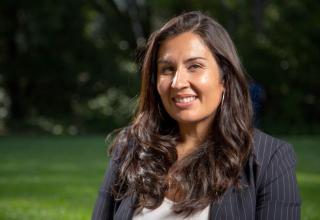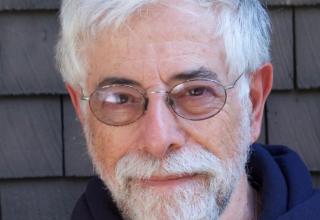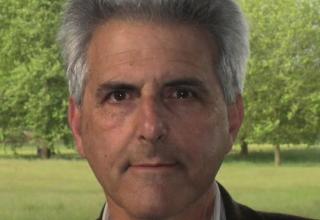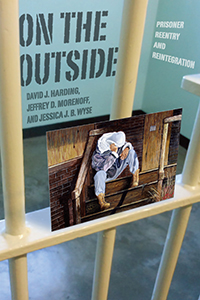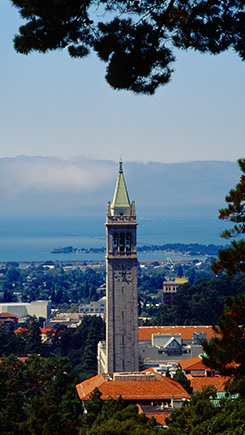
Berkeley’s Sociology Department is known around the world for its excellence in research and teaching. Our faculty advance cutting edge research and teach in most sociological specialities. Our PhDs are leaders in universities and research centers across the US and in many other countries. And our BAs populate the ranks of innumerable professions, bringing with them the skills and special perspective of Berkeley sociology.
We are proud to make these contributions from the world’s leading public university. At Berkeley, we combine intellectual rigor with a commitment to public service through our research, teaching, and service on campus and beyond.
For the past six decades, Berkeley’s Sociology Department has consistently been ranked among the world’s top sociology departments. Our graduate program is ranked #1 in the latest U.S. News and World Report, and our undergrad degree is currently the best in the US according to College Factual and features on Grad Reports’ Best College List 2020.
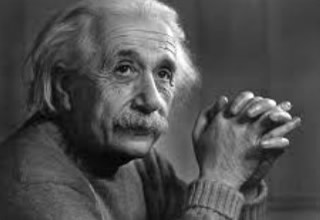
Prof. Einstein served graduate students as a model of prudence in remaining unfashionably true to the grand…
On the Outside: Prisoner Reentry and Reintegration
America’s high incarceration rates are a well-known facet of contemporary political conversations. Mentioned far less often is what happens to the nearly 700,000 former prisoners who rejoin society each year.On the Outside examines the lives of 22 people—varied in race and gender but united by their time in the criminal justice system—as they pass out of the prison gates and back into society. The book takes a clear-eyed look at the challenges faced by former prisoners as they try to find work, housing, and stable communities. Standing alongside the...
Departmental Colloquium Series
Reuben Miller, "The Least: Violence, the Vulnerable, and Black Freedom’s Promise for a New World"
Monday, December 8th, 2025 at 2:00 pm - 3:30 pm
Blumer Room - 402 Social Sciences Building and via zoom
Abstract:
Rather than mitigate risk, our approach to violence and our efforts to separate ourselves from people who’ve caused harm, through policing and incarceration and myriad forms of political, social and economic exclusion, has hastened, and in fact ensured, a more violent future. We see this across the globe, from the million-dollar blocks and the gang, violent crime and sex offense registries of the United States, to the fervor over knife crimes, joint enterprise crimes and “modern slavery” in England and Wales. Exclusion is a kind of violence that has the unfortunate effect of producing more violence in its wake. The least, those most vulnerable, who are most often managed through the violence of disregard, offer a way out. We begin by examining how and why the needs of the racialized poor are so often misrecognized as threat, look to the work people we’ve learned to be afraid of do to find and make dynamic lives in the midst of violence of many kinds, and, drawing lessons from their work, end with a call to reimagine public safety and the role of government in our lives.
